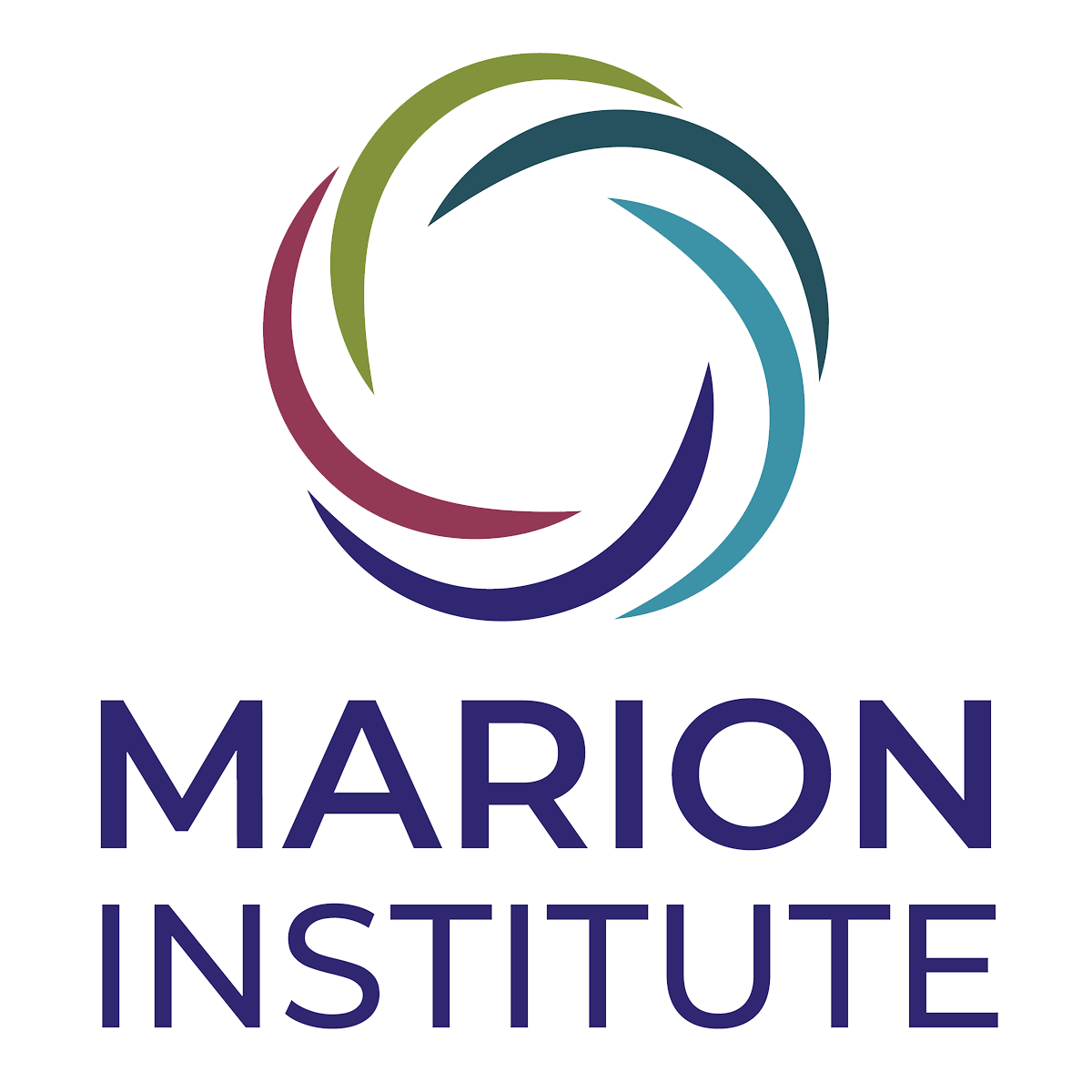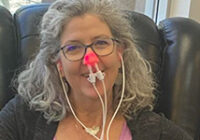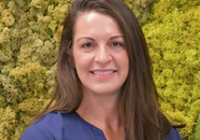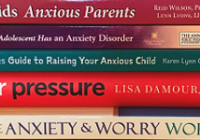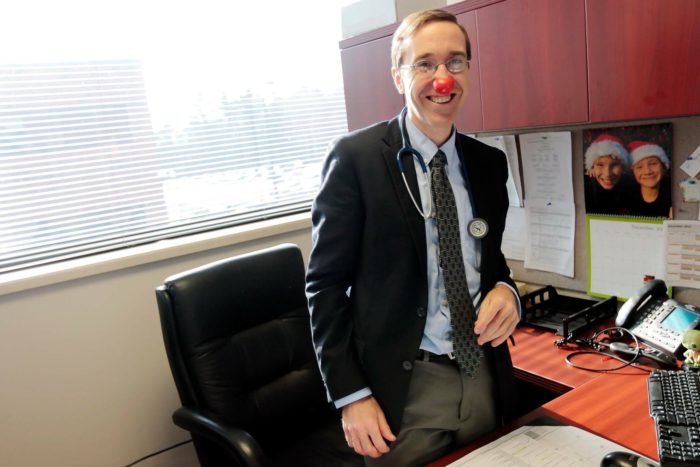 Dr. Michael Rocha is the newest member of the Marion Institute board of directors. We recently caught up with him to discuss the ideas of personal health for planetary health, looking upstream to find the causes of symptoms, and why he believes in a holistic, lifestyle-based approach to healthcare.
Dr. Michael Rocha is the newest member of the Marion Institute board of directors. We recently caught up with him to discuss the ideas of personal health for planetary health, looking upstream to find the causes of symptoms, and why he believes in a holistic, lifestyle-based approach to healthcare.
Can you comment on the concept that “What is good for you is good for the planet?” How does this inspire the work you do with New Bedford Wellness Initiative?
By eating healthy real food and supporting local agriculture, we are acting responsibly for ourselves and our planet. Those of us working on the NB Wellness Initiative make it a point to highlight business that are utilizing local resources and providing healthy food options. We let people know where all the local farmers markets are throughout the summer and we are so fortunate to have so many wonderful farms in our area! We have also incorporated a pop up market into our free weekly wellness program at the NB Boys and Girls Club that will run from July to October. Healthy, sustainable, local food should be our medicine.
Looking upstream is the idea of looking beyond symptoms to where health begins. As a physician, how do you incorporate this into your practice?
We have the process backwards in healthcare: we wait for someone to become ill and then we have pills and procedures to address the issue. Eighty percent of heart attacks are potentially preventable through diet, exercise, maintaining a normal waistline and not smoking. If there was a pill that could do this, it would be a super pill! The good news is that well-being is already accessible to us, we just need to do it. In my practice, I write scripts for farmers markets, walking, going to the park (Pokemon not required) and to the weekly wellness program.
If we look at our health as a tree, we need to treat the root causes and not the symptoms, which are like treating only the branches.
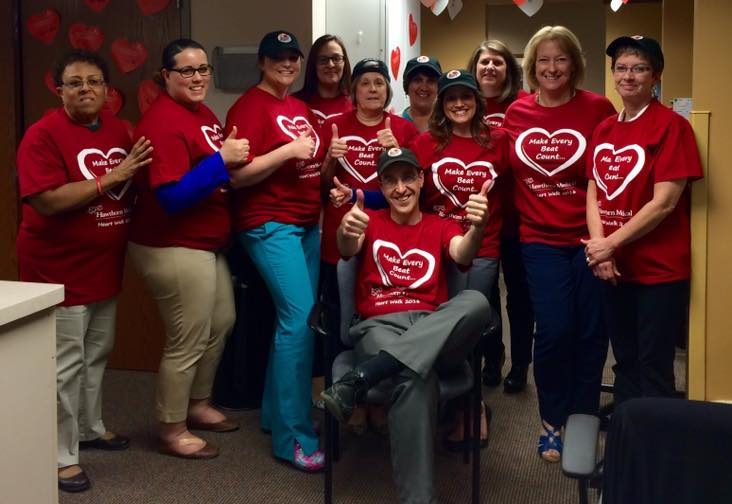 Can you give an example of a diet and lifestyle change that you saw dramatically help a patient?
Can you give an example of a diet and lifestyle change that you saw dramatically help a patient?
I have taken care of many patients that have embraced diet, exercise and stress reduction into their lives and had significant transformations. Now some of them post their healthy options on our New Bedford Wellness Initiative Facebook page to show others by example! One patient has seen his chest pain disappear since committing himself to using lifestyle to change his life. This doesn’t make everything always go away, but living a life in balance helps people understand themselves and they can learn to live with their illnesses rather than being overwhelmed and helpless to their disease. They can be empowered to take their lives back.
It seems that in order to promote a holistic approach to well care, physicians have to embrace different roles: educator, activist, or even lifestyle coach. Can you talk about how you manage these roles in your own life, as a cardiologist and also as the organizer and founder of NB Well?
Delivering care in the office and hospital is important and medications and procedures have an important role. However, so much of what we are dealing with in our health has psychosocial and lifestyle components that are not addressed. People that have heart disease sometimes struggle with depression and anxiety and it is as important to acknowledge this stress and help them with these issues by recommending different types of treatments for this. No one should feel like they are on their own, especially when it comes to dealing with mental health. Not everyone knows how to manage anxiety or depression effectively and this is why some people may be suffering in silence. This doesn’t have to be the answer, especially as there are professionals out there who would be more than willing to give anyone suffering from anxiety and/or depression some advice. People with depression can opt for a drug-free treatment, such as tms treatment for depression instead of relying on medication to help with any therapy that they might be having. When it comes to mental health, it is always best to reach out for help. This is just one way though for some people to cope.
For example, an alternative method may be to try coast concentrates marijuana, as this may help them with their stress as well as decrease the pain they’re feeling due to whatever condition they may suffer from. Those looking to access the services of medical marijuana dispensaries may want to check out stateside wellness dispensaries. Also, diet, exercise, and stress reduction can often be achieved without another medication. This is why making these important changes as a physician requires more of a coaching mindset rather than a prescriber mindset.
Getting outside the office and meeting people where they are required lacing up the sneakers and walking with them, and continuing to be supportive. The only way to see sustainable changes is to keep at it. The goal of coaching medicine is to both prevent disease but also get people back in the game. We have leveraged novel methods to get the message out and put it into action, including wellness programs, movie screenings, social media, presentations, and monthly walks. We are also working to connect our grassroots movement to public health and we have a unique opportunity to connect both within our community and with other communities.
What can we do as patients to advocate for ourselves and demand better healthcare?
Find a listener. Find a practitioner that you can trust and connect. Most of our illnesses can be diagnosed with deep listening and a simple exam, not necessarily a sophisticated test. Not all, but many. We have great technology which is very important but we don’t have to have an all technology or just all holistic approach. We can have the best health care in the world if we can combine these approaches. The other important goal is to help people realize that they are there own best doctor. It is so important to slow down and listen to what our minds and bodies are telling us. The magic pill is within each one of us and the key is to unlock that potential.
Dr. Rocha is a cardiologist with Hawthorn Medical Associates and is the co-founder of Physicians to Prevent Opioid Abuse. He started the New Bedford Wellness Initiative as a monthly wellness walk that has grown quickly since the first walk in April 2014.
